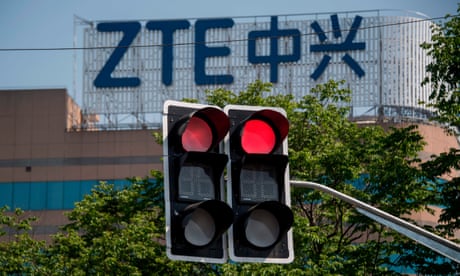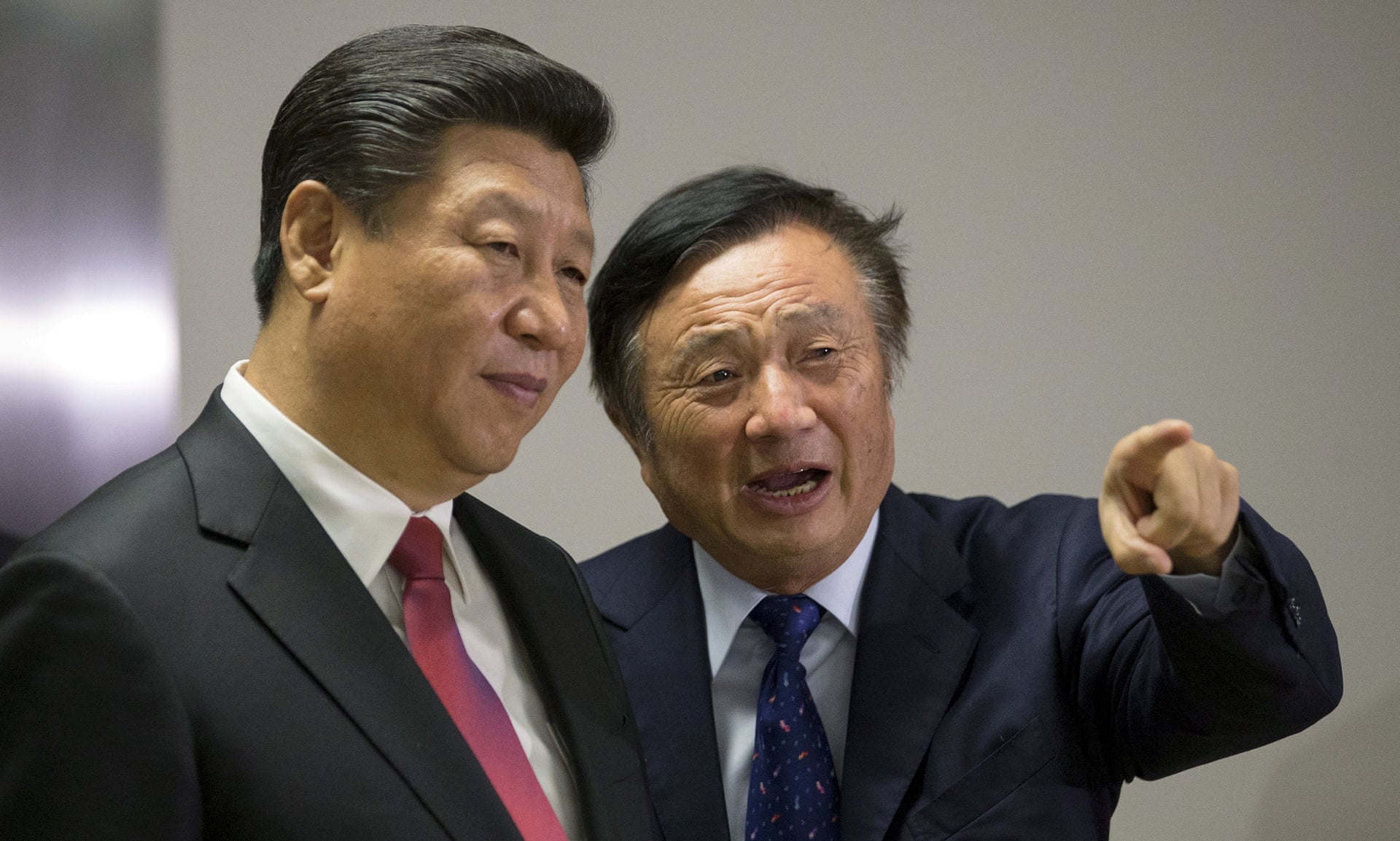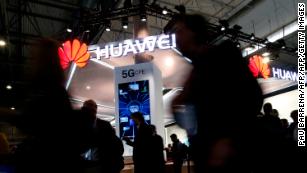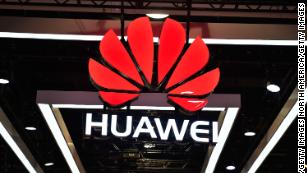By Lily Kuo and agencies
China has accused the US of trying to suppress its tech companies, as US prosecutors investigate allegations that Huawei stole trade secrets from US businesses.
Adding to pressure on the Chinese telecoms firm, US lawmakers have proposed a ban on selling US chips or components to the company.
According to the Wall Street Journal, which cited anonymous sources, the US Department of Justice (DoJ) is in the advanced stages of a criminal inquiry that could result in an indictment of Huawei.
The newspaper said the DoJ was looking into allegations of theft of trade secrets from Huawei’s US business partners, including a T-Mobile robotic device used to test smartphones.
Huawei and the DoJ declined to comment directly on the report.
The newspaper said the DoJ was looking into allegations of theft of trade secrets from Huawei’s US business partners, including a T-Mobile robotic device used to test smartphones.
Huawei and the DoJ declined to comment directly on the report.
The move would further escalate tensions between the US and China after the arrest last year in Canada of Huawei’s chief financial officer, Meng Wanzhou, the daughter of the company’s founder.
The case of Meng, under house arrest awaiting proceedings, has inflamed US-China and Canada-China relations.
Two Canadians have been detained in China since Meng’s arrest and a third has been sentenced to death on drug trafficking charges – moves observers have seen as attempts by Beijing to pressure Ottawa over her case.
China’s vice-premier and economic czar, Liu He, will be traveling to the US on 30 and 31 January for the next round of trade talks between the two countries, the ministry of commerce has said.
Huawei, the second-largest global smartphone maker and biggest producer of telecommunications equipment, has for years been under scrutiny in the US over purported links to the Chinese government.
Huawei’s reclusive founder Ren Zhengfei, in a rare media interview on Tuesday, forcefully denied accusations that his firm engaged in espionage on behalf of the Chinese government.
The tensions came against a backdrop of Donald Trump’s efforts to get more manufacturing on US soil and apply hefty tariffs on Chinese goods for what the US president has claimed are unfair trade practices by Beijing.
In a related move, US politicians introduced a bill to ban the export of American parts and components to Chinese telecoms companies that were in violation of US export control or sanctions laws – with Huawei and ZTE the likely targets.

China's ZTE is first major casualty of trade war with US
The Republican senator Tom Cotton, one of the bill’s sponsors, said: “Huawei is effectively an intelligence-gathering arm of the Chinese Communist party whose founder and CEO was an engineer for the People’s Liberation Army.”
The Democratic senator Chris Van Hollen said in the same statement: “Huawei and ZTE are two sides of the same coin. Both companies have repeatedly violated US laws, represent a significant risk to American national security interests and need to be held accountable.”
Last year Trump reached a deal with ZTE that eased tough financial penalties on the firm for helping Iran and North Korea evade American sanctions.
The case of Meng, under house arrest awaiting proceedings, has inflamed US-China and Canada-China relations.
Two Canadians have been detained in China since Meng’s arrest and a third has been sentenced to death on drug trafficking charges – moves observers have seen as attempts by Beijing to pressure Ottawa over her case.
China’s vice-premier and economic czar, Liu He, will be traveling to the US on 30 and 31 January for the next round of trade talks between the two countries, the ministry of commerce has said.
Huawei, the second-largest global smartphone maker and biggest producer of telecommunications equipment, has for years been under scrutiny in the US over purported links to the Chinese government.
Huawei’s reclusive founder Ren Zhengfei, in a rare media interview on Tuesday, forcefully denied accusations that his firm engaged in espionage on behalf of the Chinese government.
The tensions came against a backdrop of Donald Trump’s efforts to get more manufacturing on US soil and apply hefty tariffs on Chinese goods for what the US president has claimed are unfair trade practices by Beijing.
In a related move, US politicians introduced a bill to ban the export of American parts and components to Chinese telecoms companies that were in violation of US export control or sanctions laws – with Huawei and ZTE the likely targets.

China's ZTE is first major casualty of trade war with US
The Republican senator Tom Cotton, one of the bill’s sponsors, said: “Huawei is effectively an intelligence-gathering arm of the Chinese Communist party whose founder and CEO was an engineer for the People’s Liberation Army.”
The Democratic senator Chris Van Hollen said in the same statement: “Huawei and ZTE are two sides of the same coin. Both companies have repeatedly violated US laws, represent a significant risk to American national security interests and need to be held accountable.”
Last year Trump reached a deal with ZTE that eased tough financial penalties on the firm for helping Iran and North Korea evade American sanctions.
Trump said his decision in May to spare ZTE came following an appeal by Xi Jinping to help save Chinese jobs.
 Chinese thieves: Xi Jinping, is shown around Huawei’s London offices by the company’s boss, Ren Zhengfei.
Chinese thieves: Xi Jinping, is shown around Huawei’s London offices by the company’s boss, Ren Zhengfei. 



